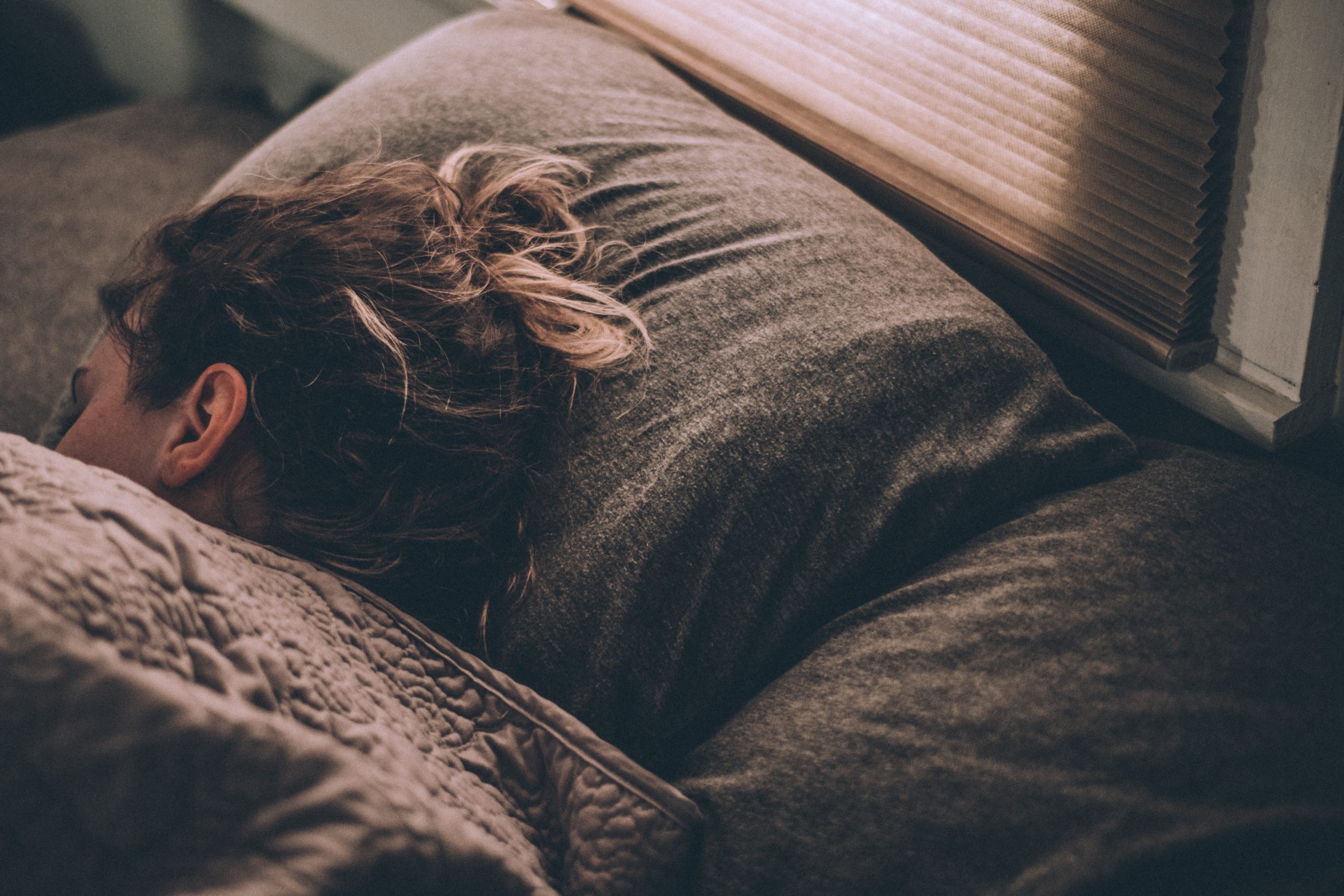
Waking up refreshed can feel like a distant dream for many. You know that feeling when your alarm goes off, and you hit snooze just one more time? The struggle is real. For some, mornings bring grogginess instead of energy, making it tough to tackle the day ahead. If you’re tired of dragging yourself out of bed and want to reclaim those vibrant mornings, you’re in the right place. Discovering how to wake up feeling rejuvenated starts with understanding what’s holding you back from quality sleep. Let’s dive into the common culprits behind restless nights and explore practical tips for transforming your sleep routine!
Common Causes of Poor Sleep Quality
Many factors can contribute to a restless night. Stress and anxiety often top the list, leaving your mind racing when you should be winding down. Thoughts about work, personal issues, or upcoming commitments can keep you tossing and turning.
Environmental disturbances also play a significant role. Noise from traffic, neighbors, or even snoring partners can disrupt sleep cycles. Additionally, an uncomfortable mattress or pillow might leave you waking up sore instead of refreshed.
Screen time is another major culprit. The blue light emitted by phones and computers tricks your brain into thinking it’s still daytime. This not only makes it harder to fall asleep but also affects the quality of rest once you’re finally out.
Inconsistent sleep schedules wreak havoc on your body’s internal clock. Late nights and irregular wake-up times lead to confusion for both mind and body when trying to achieve restorative slumber.
Tips for Creating a Sleep-Friendly Environment
Creating a sleep-friendly environment starts with your bedroom setup. Keep it cool, ideally between 60-67 degrees Fahrenheit. A cooler room promotes better sleep and helps regulate body temperature.
Next, think about the light in your space. Use blackout curtains to block out streetlights or early morning sun. Soft, warm lighting can help create a calming atmosphere as bedtime approaches.
Noise is another important factor. Consider using white noise machines or earplugs if external sounds disrupt your peace. Alternatively, soft music might soothe you into slumber.
Also, declutter your bedroom to foster tranquility. A tidy space reduces stress and makes it easier to unwind after a long day.
Choose comfortable bedding that suits your preferences—whether it’s plush pillows or breathable sheets—to ensure you sink into relaxation each night without distractions.
Healthy Habits to Incorporate into Your Nighttime Routine
Establishing a calming nighttime routine can significantly enhance your sleep quality. Start by setting a consistent bedtime. Your body thrives on routine, so try to hit the sack at the same time each night.
Incorporate relaxation techniques into your evening hours. Gentle yoga or stretching can help release tension and prepare your mind for rest.
Consider limiting screen time as you wind down. The blue light emitted from devices interferes with melatonin production, making it harder to fall asleep.
Reading a physical book is an excellent alternative that helps signal to your brain it’s time to relax. Choose something enjoyable but not overly stimulating.
A warm bath before bed can also work wonders, soothing both body and mind. Add some calming essential oils like lavender for extra tranquility as you prepare for restful slumber.
The Power of Mindfulness and Relaxation Techniques
Mindfulness and relaxation techniques can transform your sleep quality. Engaging in these practices helps calm the mind and reduce stress, making it easier to drift off.
Consider deep breathing exercises before bedtime. Focusing on each breath can help release tension accumulated throughout the day. This simple act grounds you in the present moment.
Meditation is another powerful tool. Just a few minutes of guided meditation can create a sense of peace that lingers long after. It trains your brain to let go of racing thoughts.
Progressive muscle relaxation also works wonders. Tensing and then releasing different muscle groups prepares your body for rest by promoting physical awareness.
Incorporating these practices into your evening routine fosters a soothing ambiance that signals it’s time for sleep, paving the way for more restorative nights ahead.
Nutrition and Exercise: How They Affect Your Sleep
What you eat plays a vital role in your sleep quality. Consuming heavy meals close to bedtime can lead to discomfort and restless nights. Instead, opt for lighter snacks that promote sleep, such as bananas or almonds.
Hydration is also key. While staying hydrated throughout the day is important, excessive fluid intake right before bed might send you running to the bathroom at night.
Exercise is another powerful player in your sleep routine. Regular physical activity helps regulate your body’s internal clock and promotes deeper sleep stages. Aim for at least 30 minutes of moderate exercise most days.
However, timing matters. Exercising too close to bedtime may energize you instead of relaxing you. Try finishing workouts earlier in the evening for optimal results.
Mindful eating combined with regular movement sets a foundation for restful nights ahead and energized mornings filled with clarity and focus.
Seeking Professional Help for Chronic Sleep Issues
If you’ve tried various techniques and still struggle to achieve restful sleep, it may be time to seek professional help. Chronic sleep issues can stem from underlying medical conditions or psychological factors that require specialized attention. Sleep disorders like insomnia, sleep apnea, and restless leg syndrome often need diagnosis and treatment from a healthcare provider.
Consulting with a doctor or a sleep specialist can provide insights into your specific situation. They might recommend tests such as polysomnography to monitor your sleep cycles and identify disturbances. Therapies such as cognitive behavioral therapy for insomnia (CBT-I) have shown remarkable results in helping individuals regain their ability to fall asleep.
Don’t hesitate to reach out if you feel overwhelmed by persistent sleepless nights. Sleep is essential for overall health, affecting everything from mood regulation to cognitive function. Prioritizing your well-being means taking action when needed.
Remember, you’re not alone on this journey toward better rest; there are professionals ready to guide you back toward waking up refreshed each morning.









